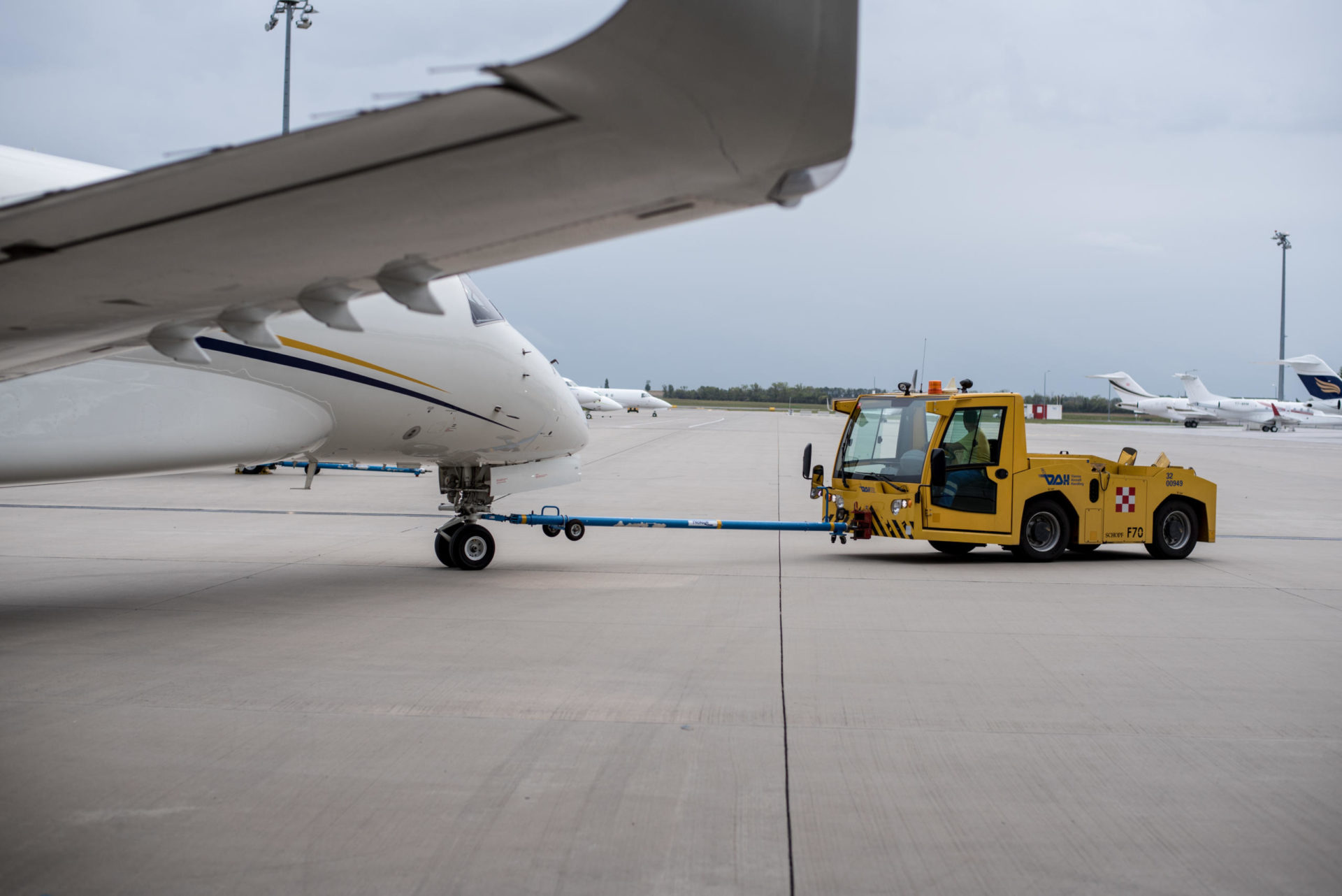
Is SAF implemented in the legislation of Turkey?
Whilst the Business aviation operators are committed to make their industry greener and sustainable and the ReFuel EU Aviation initiative of the European Commission is becoming more and more concrete, several national legislations already make the use of biofuel mandatory for the airlines.
This article is a contribution from Serap Zuvin
Although many practical issues emerge from the deployment of SAF which will have to be resolved to avoid a worse emissions profile and environmental impact than fossil fuels, SAF is deemed today as one of the most efficient ways in aviation to reduce CO2 emissions.
In this context, it is worth analysing the approach adopted by several EU Countries to encourage the use of SAF in the aviation sector.
The Aviation Lawyers Committee of EBAA, which comprises lawyers from many different European countries, has started to analyse the legal approach adopted at national levels. Whilst it already appears that some EU countries have not yet prepared any legislative tools to encourage the use of SAF, on the contrary, other member states have already amended their legislation.
The members of the Aviation Lawyers Committee will publish in the coming months a legal analysis of the legislation applying to SAF in different Member States. This second edition is for Germany.
Turkey/ Legislation on SAF
In accordance with the ICAO’s “Carbon Offset and Reduction Scheme for International Aviation” (“CORSIA”), Turkey is one of the countries that has enrolled in the CORSIA programme in the pilot phase. As a consequence of such enrolment, Turkish Civil Aviation Directorate (“CAD”) has published the “CORSIA Instruction” to monitor, report and verify the carbon emissions created by international flights. This Instruction incorporates the Annex 16 Volume IV of the Convention on International Civil Aviation to the domestic laws of Turkey and regulates the reporting mechanisms concerning the carbon emissions of international flights.
The aircraft operators are required to monitor and report their carbon emissions in accordance with this Instruction, and the CAD is authorized to issue administrative fines to the operators who are in violation of these rules. Other than the foregoing piece of legislation on the topic, currently, there are no other rules for incentivising the usage of SAF for the Turkish aviation operators. We have confirmed with the CAD verbally that there is not any legislation in the pipeline which will be published in the close future as well.
The Aviation Lawyers Committee (AMAC) Committee
The Aviation Lawyers Committee (AMAC) Committee is composed of lawyers who come from different European jurisdictions and who have a recognised expertise in Business aviation.
The objectives of the Aviation Lawyers Committee (AMAC) are to identify legal and regulatory matters which need special attention on a European level by researching relevant issues and comparing legal solutions found in different European countries.
The Committee also aims to develop tools on topics of interest in collaboration with the other AMAC committees, organise events (such as seminars and training) and promote networking activities amongst the members of the committee.



